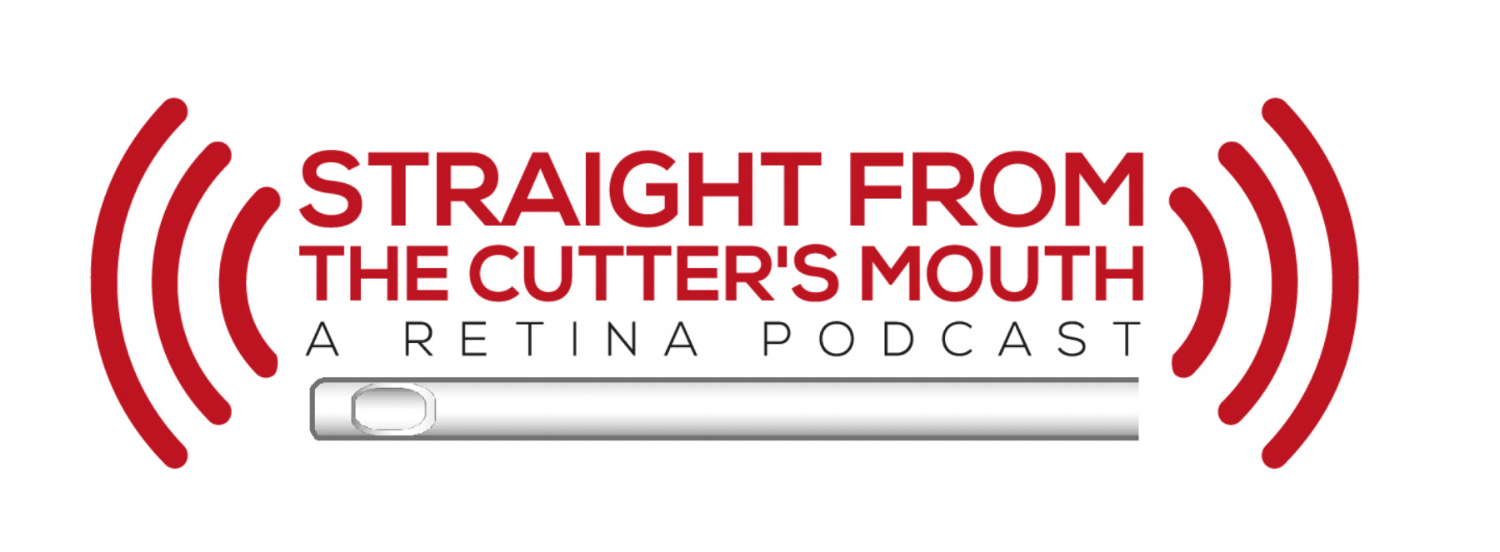Equal, Round, and Reactive - Lessons from our Pupils
The Bascom Palmer ophthalmology faculty recently led small group discussions with 1st year medical students at the University of Miami Miller School of Medicine (UMMSM). This annual tradition in the Neuroscience core module dates well beyond my days as a medical student here. As I began my session with five bright and motivated students, I realized with a jolt that it had been officially over a decade since I was in their shoes. I was warned throughout my medical training by seniors and attendings that “the days are long, but the years are short” but only when I was confronted by my more distant than realized past, did I fully understand the truth in these words.
I started the session by briefly outlining how I arrived at my decision to pursue ophthalmology and explaining why they should look into the field. When answering a very specific question about the application process, I paused, realizing that with my dated residency application experience, I might as well have been teaching them how to fix VCR's. Slightly abashed, I was honest and unhelpful, admitting that any advice I could offer would pale in comparison to the experiences of their immediate peers.
That experience really helped me reflect on the mission of the podcast and now this blog. The regular guests and I do not and can not pretend to be experts; on the contrary, we readily admit the limitations defined by our individual experiences. With each episode, we hope to gradually improve the variety and depth of our content, which couldn't be done without our fantastic guests, who generously share their expertise every week. If in each podcast episode, we can deliver one pearl that helps improve the quality of patient care, the research ideas generated, or even the way you manage life responsibilities, then we will have exceeded the goals we set out to achieve.
Given what the podcast offers, why start a blog? Three reasons.
- We hope the written format may be more readily accessible, say when seeing a complex patient or preparing for a unique surgical situation.
- Certain ideas are better shared on paper (or screen in this case) than with audio. A photo of a retina is worth a thousand dictations.
- Third, and most importantly, I want to give a voice to both sides of the story. On one side there’s me, the ostensible teacher - a relatively new but fellowship-trained retinal physician. On the other side there’s Louie Cai, our medical student producer, giving voice to the next generation of physicians still in the throes of training. Louie was skeptical to why those tuning in for ‘the leading experts of vitreoretinal surgery’ would want to hear from a medical student. I explained to him that given how rapidly both medical education and medicine itself is changing, we need both sides of the story, for a medical student’s fresh voice can revitalize an attending’s tired thought patterns.
Louie and I will alternate blog entries each week on topics of our choosing related to the medical field. I have given him free reign and voice to write about what he feels is important.
We hope through this blog, we can show that in our journeys to improve as medical professionals and people, we are all colleagues. Whether pupil or professor, we all have valuable lessons we can share with each other. To our readers and listeners, we love hearing your stories and look forward to sharing them every week with the world at large.
THIS IS
I hope you will all learn as much from my students as I have.
-Jay


